‘Interview’ is a term that is important for almost every job seeker. We are all familiar with the answer to the question.
When it comes to professional life, an interview is supposed to be a pre-assigned conversation in the middle of the job provider and job seeker. During the conversation, both parties speak about the requirements of the job and academic program. They also discuss potential opportunities by examining skills, qualifications, and even personality traits.
Well, here we look deeply into the basic questions related to the interview. We will also discuss the meaning, types, and formats.
About the basis of 'Interview' - Meaning
An interview is supposed to be a formal conversation in the middle of two or more people. It is commonly done with one person, the interviewer party, asking a few questions to collect more information, examine the qualifications, or evaluate the aptness of a candidate for a job, admission, or more ideas.
Moreover, interviews are primarily used in different sectors. The most important is used in the context of employment. Moreover, it is used in the field of academic admissions at school and college, in journalism for taking interviews, and in the field of research to collect insight or establish a connection with middle individuals.
Types of Interviews
The process is supposed to learn more about a specific person for a job or more openings. The common types are possible via phone, video, face-to-face, and panel. All help know the skills, education, family background, and experience. It gives insight if a person is eligible or qualified for any specific team role.
Here is the list of Types of Interview
- Structured Interviews
- Unstructured Interviews
- Situational Interviews
- Behavioural Interviews
- Stress Interviews
- Technical Interviews
- Video or Phone Interviews
Structured Interviews (Features, Pros and Cons)
As the title implies, "a structured interview" is a proper and systematic questioning process. It follows up with a proper set list of questions to ask a candidate. It ensures proper consistency and fairness. It lets to work with proper fairness without any bias. The candidate can quickly answer according to the personal data.
Feature - Structured Interviews:
This kind of interview is set by some of the questions. The interviewer asks a set of identical questions to all candidates. The questions are often equipped in advance and are the same for every claimant.
- Consistency: The goal is to maintain consistency in the interview process, ensuring that each candidate is evaluated based on the same condition.
- Quantitative Analysis: the responses are commonly discussed with the help of the prearranged scoring system. It lets to have highly objective and quantifiable contrast of candidates.
Pros
- The structured interviews are suitably fairer as all candidates are examined on the same condition.
- Since they are at a standardized level, they are supposed to be quite reliable, and the results are consistent over different interviewers.
Cons:
- These types of formats may restrict the ability of the interviewer to learn new things about the personality of the candidate.
- They are not flexible and might not be as useful in examining the soft skills and experience that might open up during the open conversation.
How do I get ready for structured interviews?
Focus on the common questions.
Every structured interview follows a proper uniform set of questions. Therefore, you should do proper research on the questions related to the industry and position.
- Follow up with proper responses. You should practice every answer to make sure that every reply should be clear and concise. It can showcase the appropriate skills and experience.
- Collect important information on the job profile: you should be familiar with the main needs of the job and quickly give a response. You should know about the experience and skills of the needs.
Unstructured Interviews (Features, Pros and Cons)
Unstructured means informal or flexible and doesn’t have any fixed questioner. The flow of the conversation is natural and lets the interview person look into different topics according to the response and experience of a candidate.
Features - Unstructured Interviews:
- There are no specific or fixed questions. There are open-ended questions, and the conversation is free-flowing. The interviewer will talk about the general ideas to cover but doesn’t follow any fixed, strict script.
- The main aim of the interview is to explore the personality. The goal is to look into the personality, motivation, and interpersonal skills. It lets you have a better understanding of things.
- Here the evaluation of the candidate is more subjective, as there is no encoded scoring system. Here, the personal thought of an interviewer plays a significant role.
Pros
- The best thing about these types of interviews is that the interviewer can ask any question that is helpful for their organization. It boosts the creativity, character, and communication skills.
- Flexibility: The interviewer has the flexibility to adapt queries according to the responses of the candidate. It lets to have personalised interaction.
Cons
- Since there is no fixed set of questioners, topics can be different. It can be difficult for a person to get ready for the interview.
- The whole interview can be based on the personal choice of an interviewer. There are high possibilities of bias.
How to Prepare for Unstructured Interviews?
- The unstructured interviews focus on looking more at motivation and personality. You should give good time to self-reflection. It is important to focus on the strengths, weaknesses, and what motivates you in a work setting.
- Get ready to share specific personal stories from your past experiences that showcase your qualities and skills. All can give you a highly comprehensive showcasing of your qualities and skills.
- You can go through the current industry trends and value of an organization. It can assist in customising your responses to line up with the culture of the company.
Situational Interviews (Features, Pros and Cons)
Based on different situations, a situational interview is all about showing the candidates hypothetical conditions or even real-life situations. It is about reviewing how an individual works or handles some challenges. It gives insights into problem-solving and decision-making skills.
Features - Situational Interviews:
- In different situational interviews, a person is required to present with some hypothetical situations or challenges they can face during the job process. The prime goal is to test out how they would counterpart and manage the same conditions.
- Such forms of interviews aim to examine a person's problem-solving skills, decision-making procedure, and skill to believe on their feet.
- Situation-based interviews even imitate challenges that the candidate may come across in the real job role.
Pros
- These interviews are according to the job relevance. The interviewer gives special conditions linked to the job, and the candidate is required to perform as per the requirements.
- In this way, a person's answer to special situational questions can pinpoint their performance in the future.
Cons
- The performance of a candidate in a situational interview is limited by the predictive validity. Sometimes, it doesn’t match with their regular performance.
- There can be additional pressure on the mind of the candidate. It may affect their responses and not precisely showcase their capabilities.
How do I get ready for the Situational Interview?
- You should carefully look into the job description and find out the main skills and proficiency required. Situational interviews even focus on assessing how well you can use the skills in your daily life.
- Focused on the problem solution. The main practice should be on the hypothetical scenarios by outlining your process of the thought and the steps you would take to answer the condition. The prime focus should be on resolving the problem and making the right decision.
- It is also important to get familiar with the challenges and conditions normally faced by a company. The knowledge can assist you in giving a more context-based answer.
Behavioural Interviews (Features, Pros and Cons)
It is all about the past behaviour of the candidate to predict the future.
Features - Behavioural Interviews:
- Questions are expected to uncover the special examples of how candidates managed any condition in the past.
- The prime focus should be on soft skills, teamwork, problem-solving, and communication.
Pros
- Give information on the candidate's real behaviour in different conditions.
- Assist in knowing the background of the culture and interpersonal skills.
Cons
- Incapable to predict future performance exactly.
- Focus mainly on the recalling ability of a person.
How to Prepare for the Behavioural Interviews?
- Look into the review of the common behavioural questions and get ready for the particular example.
- Always get ready to understand different conditions, like successes and challenges.
Stress Interviews (Features, Pros and Cons)
An interviewer during the stressful interviews forms a challenging and pressure-filled environment with an intention. It is aimed at knowing the ability of the candidate to manage the pressure and stress.
Features - Stress Interviews:
- It gives a tense atmosphere with rapid-fire questioning or activist tactics.
- It is focused on finding how a person works out under pressure.
- It might include purposeful attempts to unsettle or even challenge the applicant.
Pros
- Examining the resilience and composure of a candidate.
- It copies the high-stress conditions that might happen on a job.
Cons
- It doesn’t showcase the true abilities of a person.
- It might end in a negative experience for a person.
How to Prepare for Stress Interviews?
- A person is required to keep working under pressure.
- Learn the common stress interview tactics.
- Keep in mind that the main idea is to look into the reaction, so stay comfortable and collected.
Technical Interviews (Features, Pros and Cons)
Technical interviews are based on examining the specific skills, abilities, and skills of a candidate for the technical needs of the job.
Features - Technical Interviews:
- The interviewer asks about the technical perspective of the job.
- Even add on problem-solving exercises, coding challenges, or hands-on jobs.
Pros
- It examines a candidate's practical expertise.
- Assists an individual who possesses the essential technical knowledge for the position.
Cons
- It may not focus on the soft skills of a candidate.
- It is made for those with outstanding skills.
How to Prepare for Technical Interviews?
- Review technical ideas appropriate to the role.
- Follow up on the coding challenges or practice exercises.
- Get ready to show your process of thought when answering the problems.
Video or Phone Interviews (Features, Pros and Cons)
As the title implies, the interview takes place over the phone or video. It is rightly called remote communication between the interviewer and the candidate.
Features - Video or Phone interview:
- It is normally performed over platforms such as Skype and Zoom.
- It gives flexibility to the candidate to choose the timings of the interview.
- Beneficial for remote job positions.
Pros
- There is no need for personal travel.
- Suitable for both parties.
- Accessible for candidates situated at a distance.
Cons
- Glitches at the technical level can create problems.
- Restricted non-verbal cues can directly affect understanding.
- Potential for interruptions in the candidate's surroundings.
Related Blogs:
Dress to impress: Dressing Mistakes to Avoid For an Interview
How to Prepare for Video or Phone Interviews?
- It is important to test your equipment and connection to the internet earlier.
- Select a peaceful area.
- Dress up properly for video calls and maintain good posture.
- In Individual Interviews, one-on-one interaction is being performed.
- In Group Interviews, multiple candidates are assessed for the job profile.
- Multiple Round Interviews include a person passing on different rounds of the interview.
- Informational Interviews include a candidate looking for the right advice or insight from the professionals in their relevant field.
- Computer Assisted Interviews follow advanced technology such as AI or pre-recorded questions. It is helpful for testing the main skills of a candidate.
Interviews play a significant role in testing out the skills of a candidate for a job opening. Different types of interviews are described above and give special means to evaluate skills, experience, and personality.
Knowing the strengths and ideas of different interview types helps employers make better hiring decisions and ensures that candidates are effectively assessed. By choosing the right interview method, organizations can find the best fit for their teams and roles.
If you have more questions on any sort of interview, you should talk to the interview experts. They can quickly respond to your queries as per the industry setup.
Related Blogs:
-
-
-


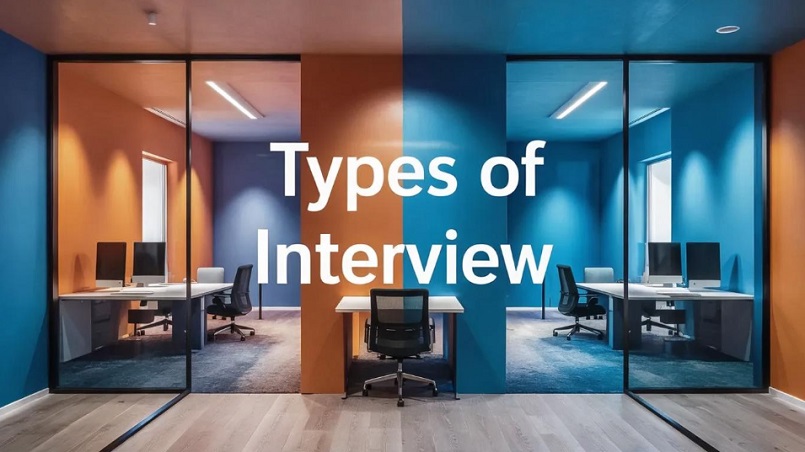
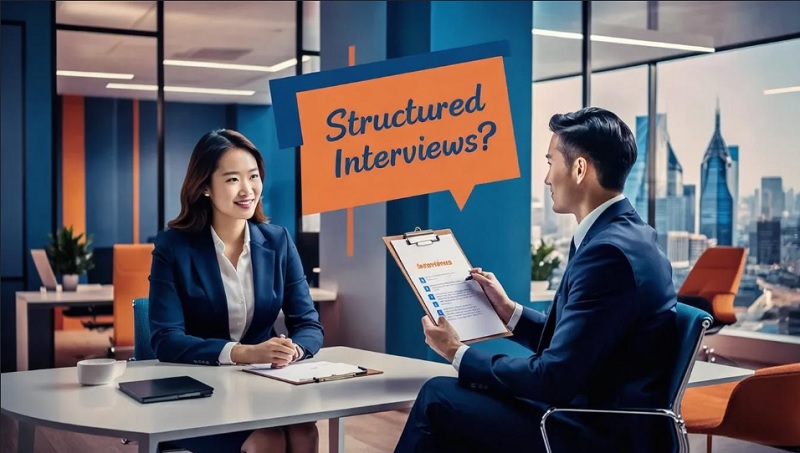
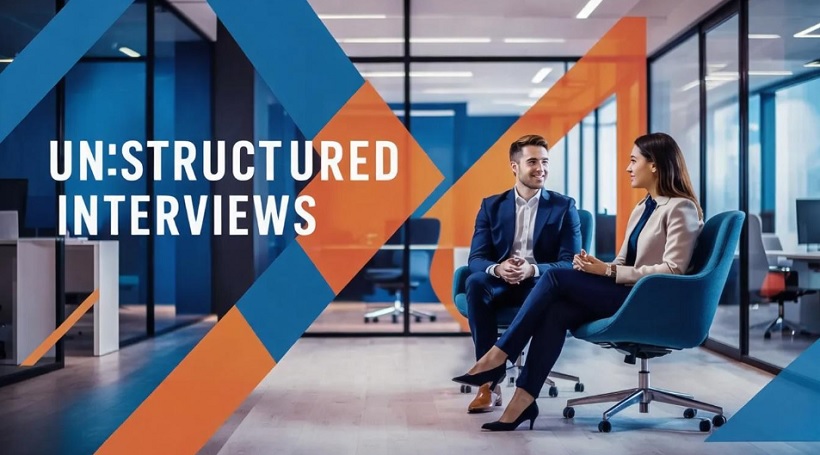
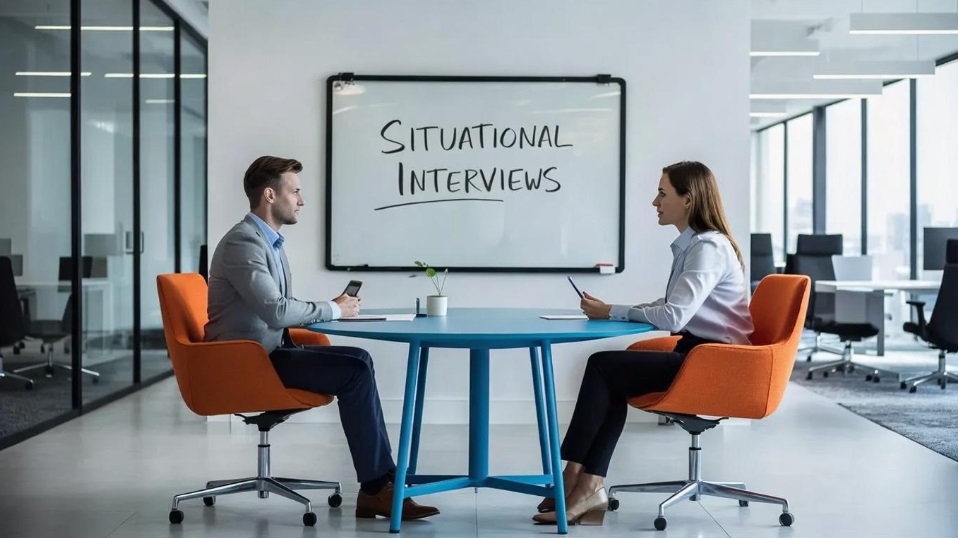
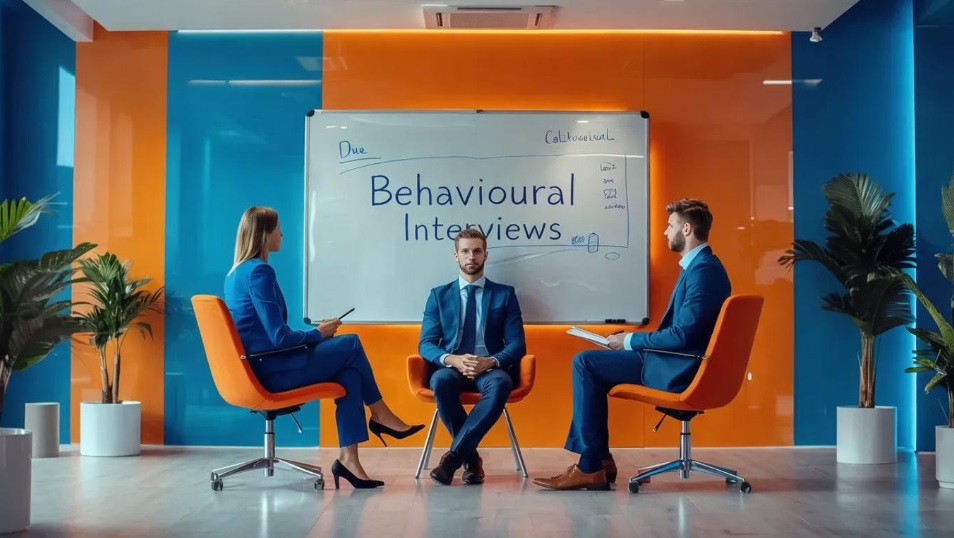
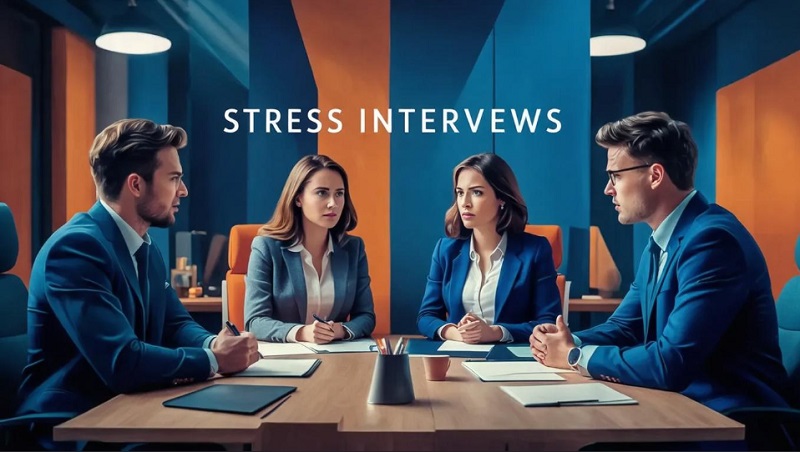
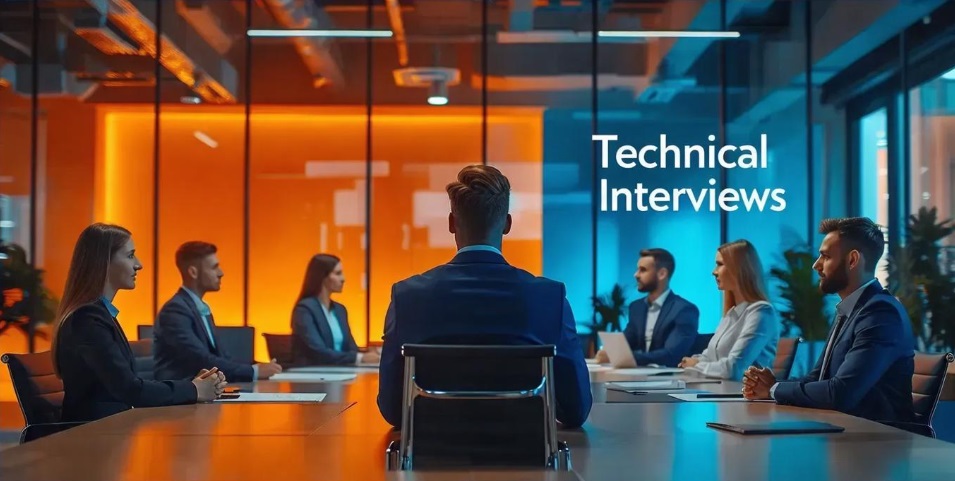
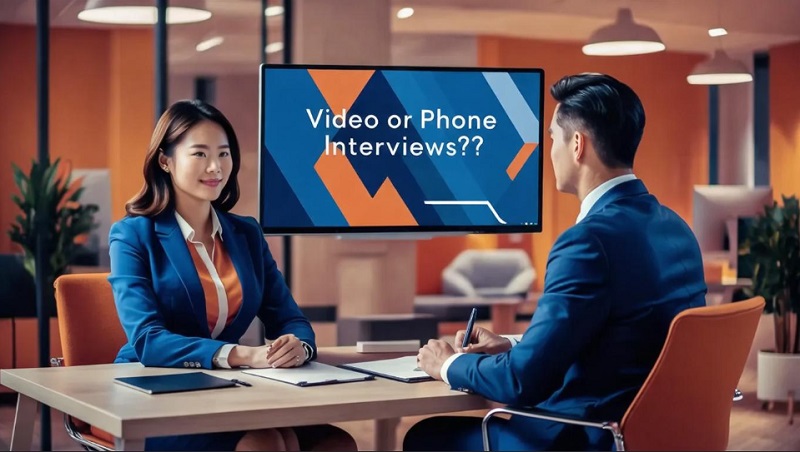
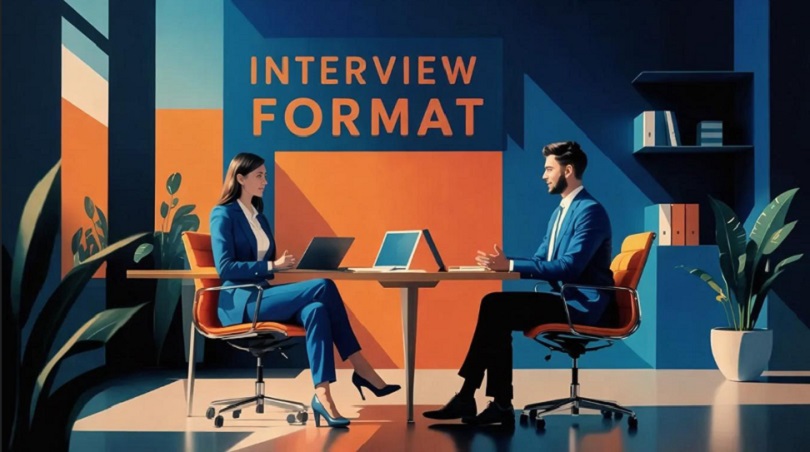






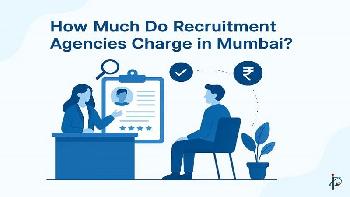

ADD COMMENT